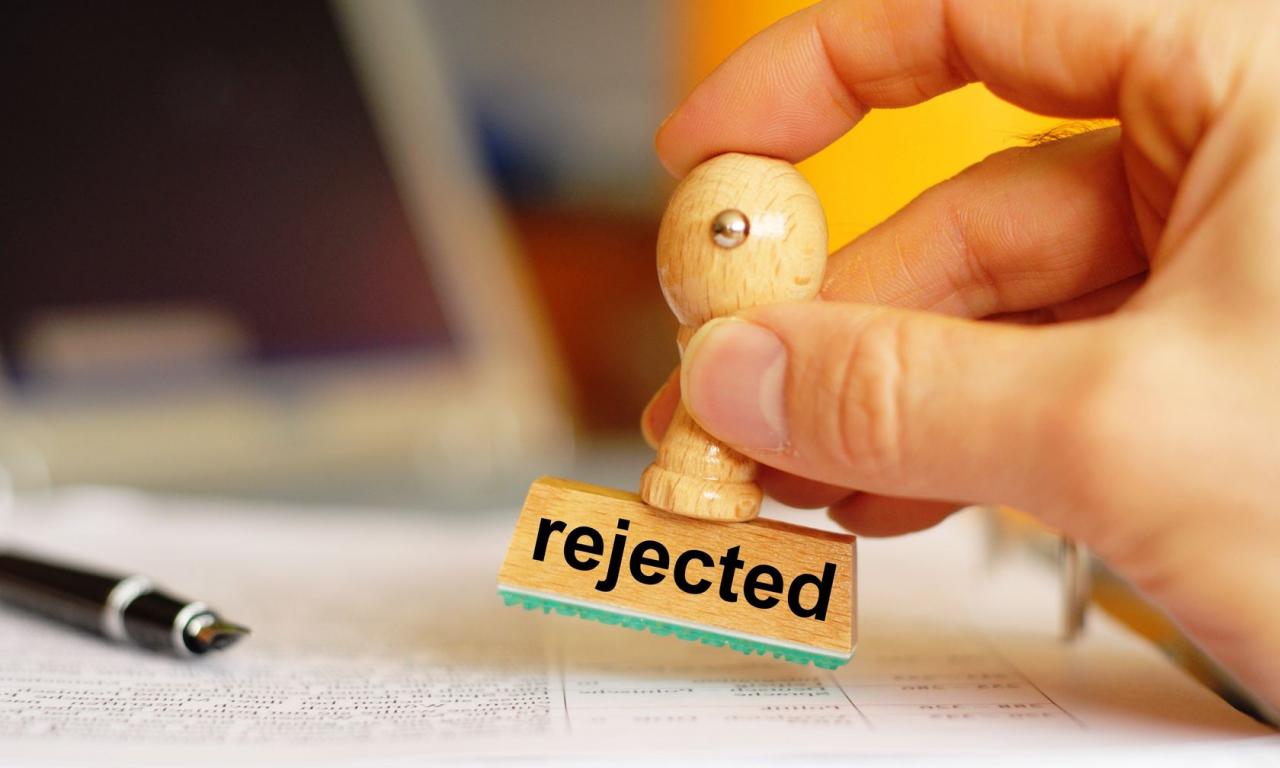If you’re applying to university this autumn, you may already have been told to start thinking about your UCAS personal statement over the summer break, or even to put together a first draft.
If you haven’t, the time is now certainly looming to embark on this seemingly insurmountable task.
And this is why every year, some UCAS applicants choose to plagiarise their personal statement. After all, why should you try to conjure up the perfect piece of copy, when someone else applying for the same course has already done it?
Unfortunately, it’s not that straightforward. Apart from being unfair, it can land you in hot water if your laziness is discovered.
Since 2007, UCAS has been using a fraud and similarity detection system that scans personal statements against a library of personal statements already submitted to submitted to UCAS, sample statements from websites, and paper-based sources - to detect plagiarised applications. Thousands of applicants have already been caught lifting entire sentences from other people’s statements.
After sifting through hundreds of applications every year, many admissions tutors will also be able to tell if a statement has been copied.
So yup...it’s very likely you’ll be caught, either by UCAS or the universities you are applying to, and if you are, your application will be rejected.
As well as your ticket to a place at university, writing your own personal statement should be seen as a chance to stand out from the crowd.
Admissions tutors want to see flair, creativity and individuality in a personal statement. How else will you grab their attention?
Besides, do you really want to blend in with the thousands of other applicants, using stale, overused phrases and tired, unoriginal reasons for wanting to study your course?
Only you can sit down and write about yourself in the best possible light to convince admissions tutors you will be a valuable asset to their department.
To ensure you have the best chance of getting into your chosen universities, a little thought and planning will go a long way to creating a personal and polished piece of copy, as will a little bit of organisation.
Start drafting your statement as soon as you start back at school or college in September. This is particularly applies if you need to submit your form by the 15th October deadline (i.e. if you're applying to Oxbridge, or for a medicine, veterinary science, or dentistry course).
Begin by making some general notes about yourself, such as your academic strengths, work experience, personal qualities and plans for the future (our personal statement template is useful for this). You can then move on to putting together each paragraph. Once you have these basic blocks in place, you can begin to think about the overall structure, and making changes so that it flows well as a whole.
Creating at least three or four drafts (preferably more), and then handing them out to family, friends and tutors for feedback is essential during this process. Not only will they be able to highlight any important points you may have forgotten to include, but a fresh pair of eyes also helps to identify any spelling or grammar mistakes.
Once you have gone through these rounds of drafts, feedback and amendments, and you feel your statement is as good as it can be, you can give yourself a pat on the back and paste it into your UCAS application form.
There are lots of online resources you can use to help you, as well as books and other published materials. These can be great for inspiration, but remember the consequences of copying directly.
In 2010, 3.85% of statements contained plagiarism. Make sure you get your place at uni by not being one of them.
Further information
Don’t forget to also check out our other blog posts and articles related to UCAS personal statements, including:
- What Not To Write In Your UCAS Personal Statement
- Writing A Personal Statement: Why You Should Do It Yourself
- How To Write A Personal Statement For Medicine
- What To Include In Your Personal Statement: 4 Top Tips
- How To Write A Law Personal Statement
- UCAS Personal Statement FAQs
- Analysis of a Personal Statement Example
- Personal Statement Tips
- A Teacher's Personal Statement Advice
- How To Write A Personal Statement Guide
- Personal Statement Examples Library
as well as my eBook guides, available to download on Amazon Kindle:
- How To Write A Brilliant UCAS Personal Statement
- How To Write Your UCAS Engineering Personal Statement
- How To Write Yor UCAS Nursing Personal Statement
If you have any comments, questions or feedback on my post, please leave your message below!
Editor's Note: This article was originallly published in August 2013. It has been completely revamped in 2020 to reflect updates in accuracy and include additional useful information on the topic.




